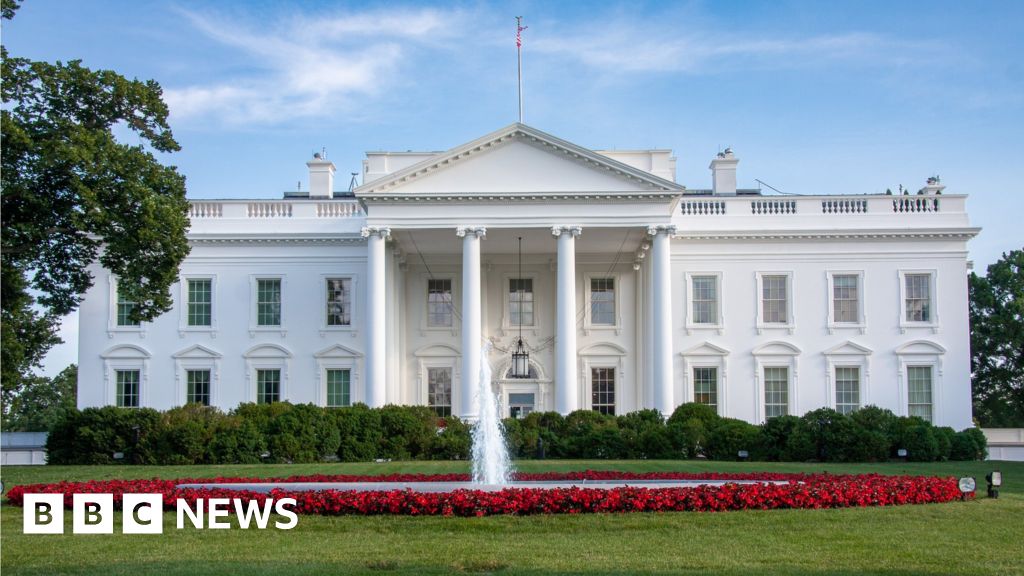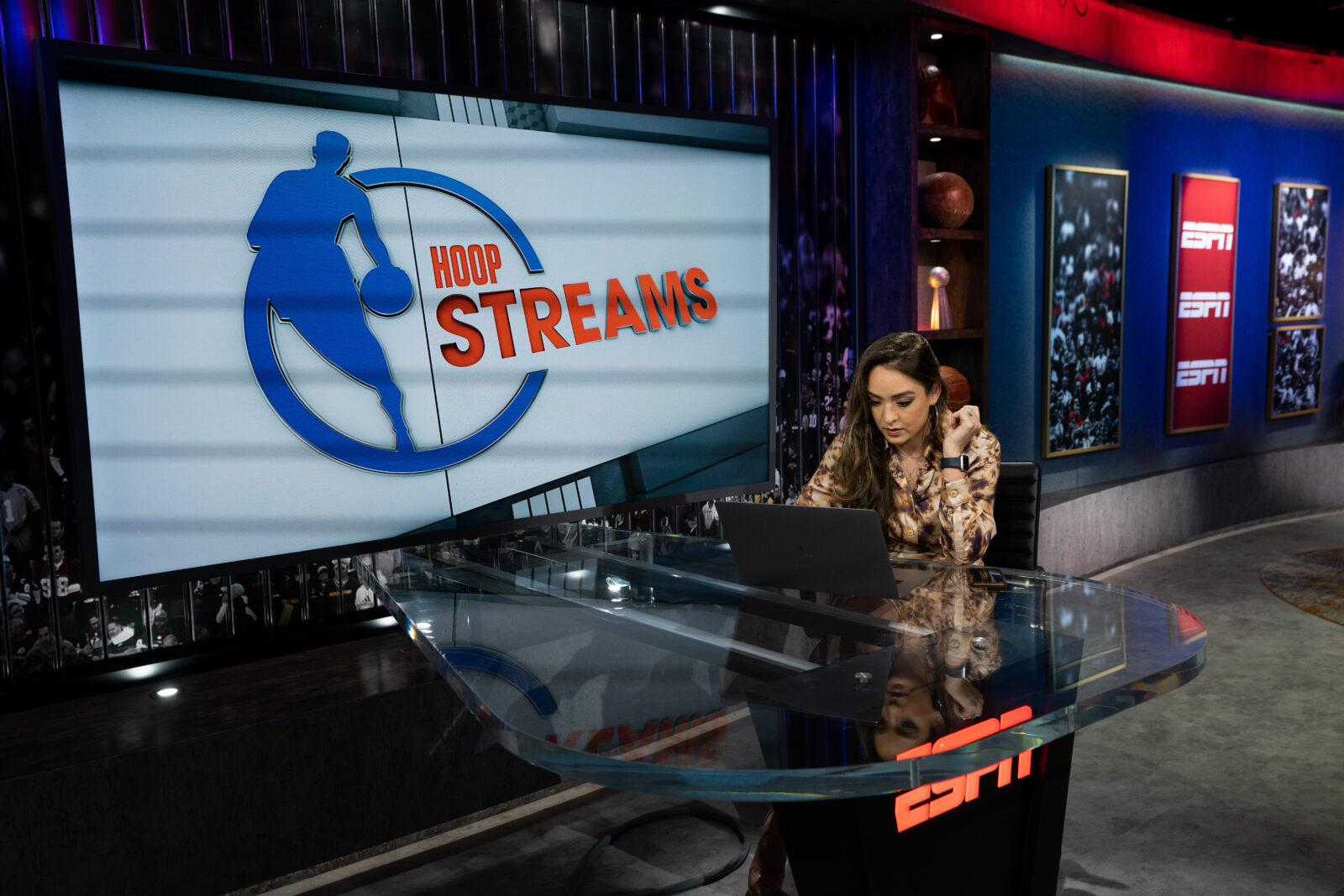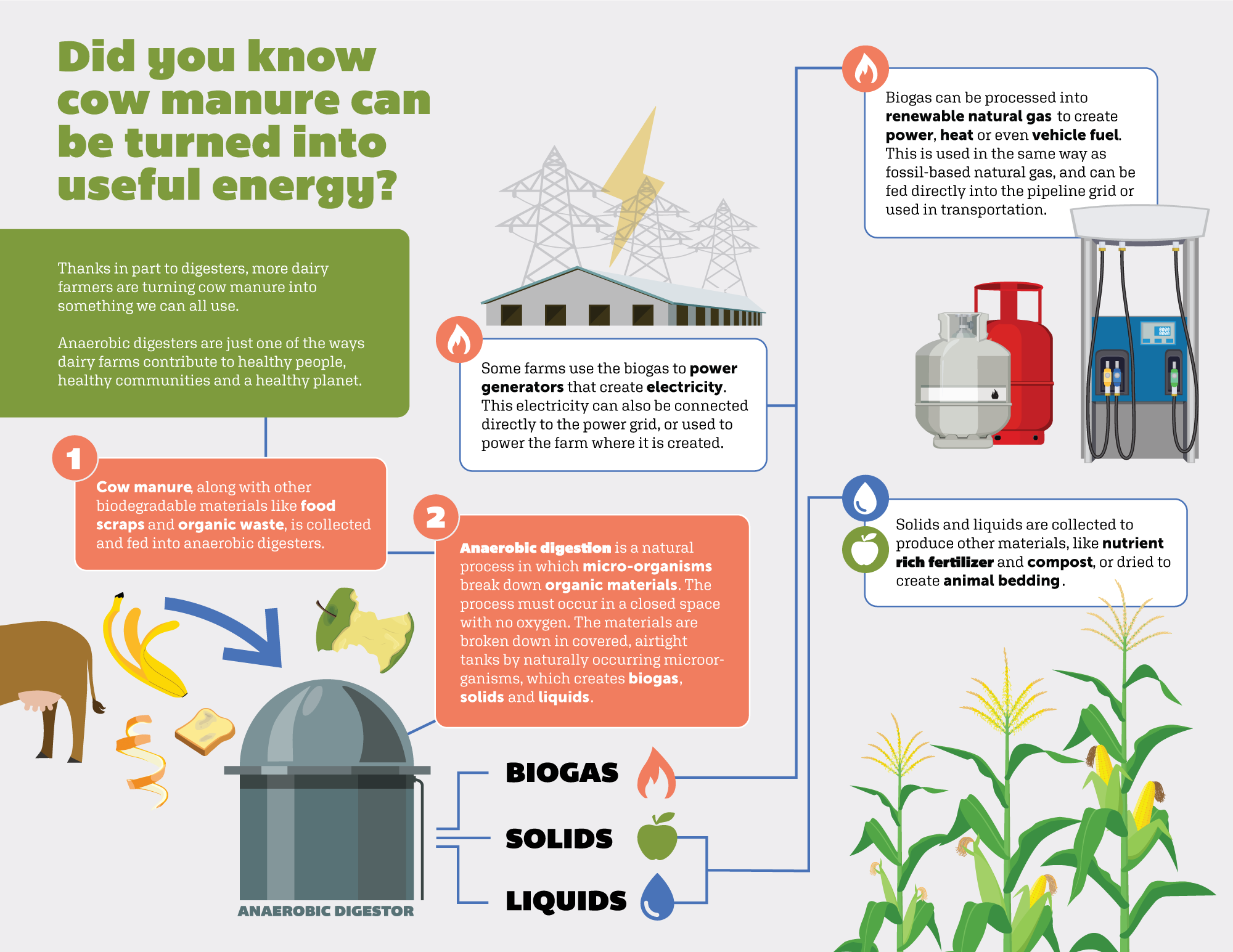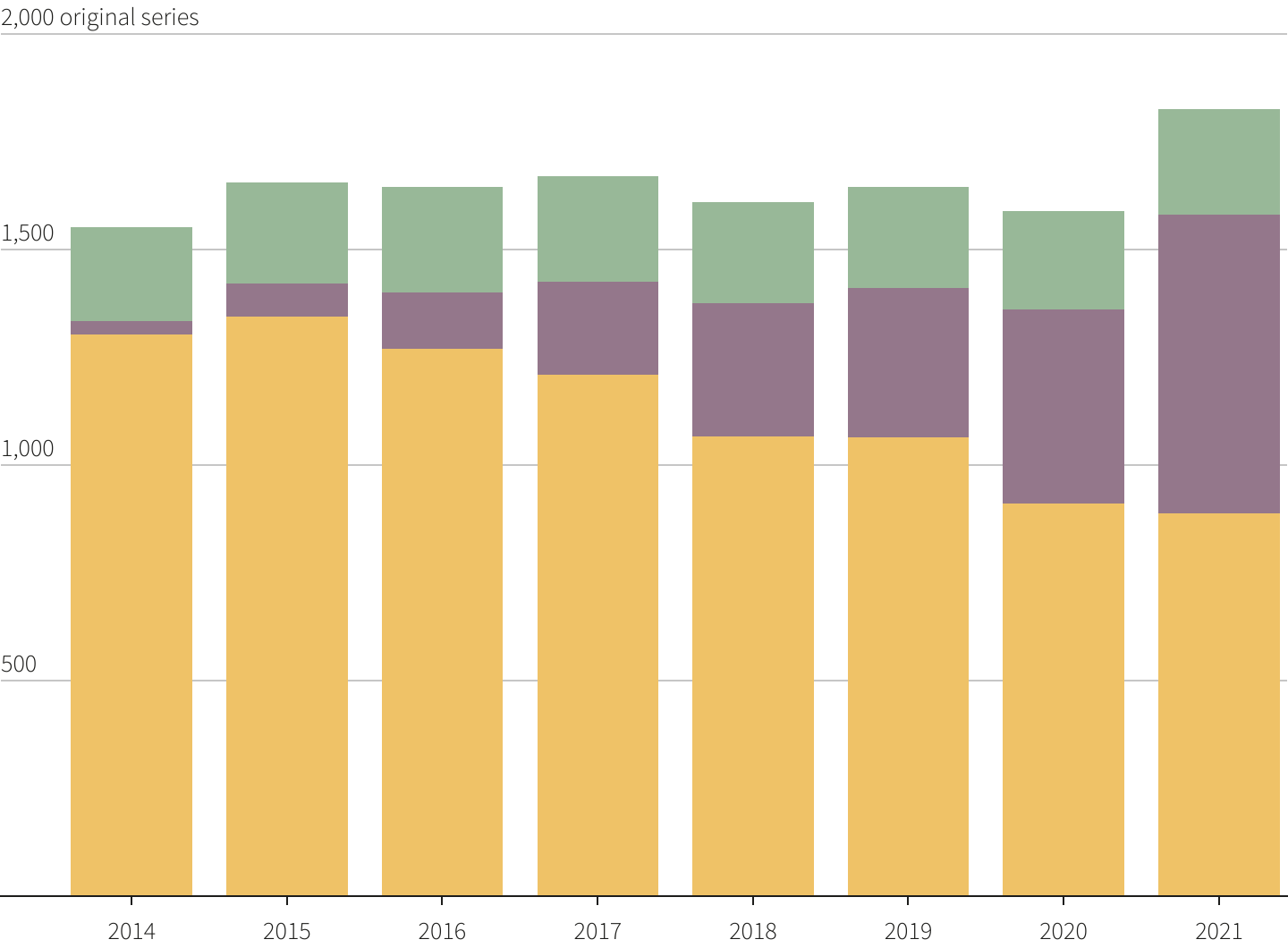FTC's Appeal Against Court Approval Of Microsoft-Activision Merger

Table of Contents
The FTC's Antitrust Concerns
The FTC's core argument rests on antitrust concerns. They believe that Microsoft's acquisition of Activision Blizzard, a company boasting immensely popular franchises like Call of Duty, World of Warcraft, and Candy Crush, would create a monopoly, stifling competition and ultimately harming consumers. The acquisition grants Microsoft unprecedented market dominance, potentially leading to several anti-competitive practices.
- Concerns about Call of Duty Exclusivity: A major point of contention is the potential for Microsoft to make Call of Duty exclusive to its Xbox ecosystem, locking out players on PlayStation and other platforms. This would significantly reduce consumer choice and could cripple competitors.
- Potential for Anti-Competitive Practices: The FTC argues that the merger could lead to increased prices for games, reduced innovation due to less competition, and the creation of a less diverse gaming market. They fear platform lock-in, hindering competition and potentially leading to reduced quality or higher prices for consumers.
- Impact on the Broader Gaming Ecosystem: The FTC’s concerns extend beyond Call of Duty. They argue that Microsoft’s control over multiple major gaming studios and franchises could significantly alter the competitive balance within the entire gaming ecosystem, harming smaller developers and publishers.
- Specific Examples of Potential Harm: The FTC cites potential scenarios where Microsoft could leverage its newfound power to disadvantage competitors, such as by making key Activision Blizzard games available only on its own platforms or by offering preferential treatment to developers who use Microsoft's services.
The Court's Initial Ruling and its Rationale
A US District Court judge initially dismissed the FTC's attempt to block the merger. The judge's rationale centered on the argument that the FTC failed to provide sufficient evidence to support its claim that the merger would substantially lessen competition. The court acknowledged the FTC's concerns but ultimately found that Microsoft's proposed remedies, such as guaranteeing Call of Duty's availability on PlayStation for a prolonged period, adequately addressed these concerns.
- Key Points in the Judge's Decision: The court highlighted the lack of compelling evidence demonstrating that the merger would result in a significant reduction in competition within the gaming market.
- Microsoft's Counter-Arguments: Microsoft successfully argued that its acquisition would actually benefit consumers by fostering innovation and expanding access to games. They presented evidence of their commitment to maintaining Call of Duty's availability across various platforms.
- Analysis of Evidence Presented: The court carefully weighed the evidence presented by both sides and concluded that the FTC hadn't met the high burden of proof necessary to demonstrate anti-competitive effects.
The FTC's Appeal Strategy and Potential Outcomes
The FTC's appeal represents a significant challenge to the initial court decision. They are likely to focus on presenting stronger evidence demonstrating the potential for anti-competitive practices. The appeal process could involve revisiting existing evidence, presenting new arguments, and potentially focusing on specific aspects of the merger deemed most problematic.
- Grounds for the FTC's Appeal: The appeal will likely center on the FTC's belief that the court misinterpreted evidence regarding the potential for anti-competitive behavior. They might also challenge the judge's assessment of Microsoft's proposed remedies.
- Likelihood of Success: Predicting the outcome is difficult. The appeal will hinge on the persuasiveness of the FTC's revised arguments and the court's interpretation of the evidence.
- Potential Implications for the Gaming Industry: A successful appeal could result in the merger being blocked, significantly altering the gaming industry's landscape. An unsuccessful appeal would solidify the merger and potentially set a precedent for future acquisitions. Regulatory uncertainty remains a significant concern for stakeholders.
- Legal Precedent Involved: The outcome of this appeal will set a valuable precedent, influencing future antitrust cases in the tech and gaming industries.
Impact on Consumers and the Gaming Landscape
The Microsoft-Activision merger’s impact on consumers remains a crucial concern. The potential for increased prices, reduced choice, and stifled innovation is a major factor in the FTC’s appeal. Consumers could face higher prices for games, less diverse game options, and a reduced impetus for innovation. The appeal outcome will significantly shape the future of gaming, determining the level of competition and influencing the development and availability of future games.
Conclusion
The FTC's appeal against the Microsoft-Activision merger represents a pivotal moment for the gaming industry and antitrust law. The FTC’s core concerns regarding the potential for anti-competitive practices remain significant. The outcome of this appeal will have profound implications for competition, consumer choice, and the overall gaming landscape. The arguments presented, the evidence weighed, and the ultimate decision will shape not only this merger but also set a significant precedent for future industry consolidation. Stay updated on the developments of the FTC's appeal against the Microsoft-Activision merger for crucial insights into the future of the gaming industry and antitrust regulation. Follow [your website/source] for the latest updates on this landmark case.

Featured Posts
-
 White House Cocaine Incident Secret Service Announces End Of Investigation
Apr 28, 2025
White House Cocaine Incident Secret Service Announces End Of Investigation
Apr 28, 2025 -
 Espn Pays Tribute To Cassidy Hubbarth On Her Last Show
Apr 28, 2025
Espn Pays Tribute To Cassidy Hubbarth On Her Last Show
Apr 28, 2025 -
 Red Sox Lineup Adjustment Coras Strategy For Game 1
Apr 28, 2025
Red Sox Lineup Adjustment Coras Strategy For Game 1
Apr 28, 2025 -
 Turning Poop Into Podcast Gold An Ai Powered Approach To Repetitive Documents
Apr 28, 2025
Turning Poop Into Podcast Gold An Ai Powered Approach To Repetitive Documents
Apr 28, 2025 -
 Hollywood Strike What It Means For Film And Television Production
Apr 28, 2025
Hollywood Strike What It Means For Film And Television Production
Apr 28, 2025
